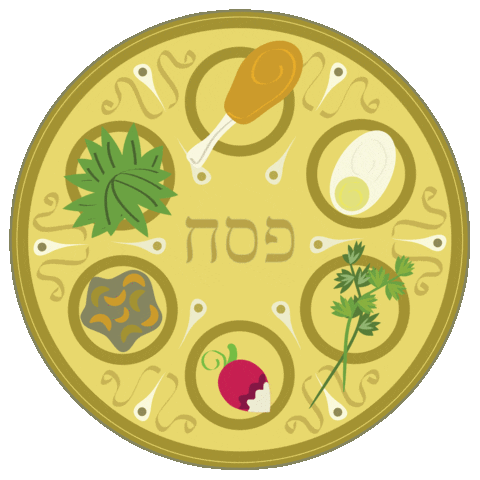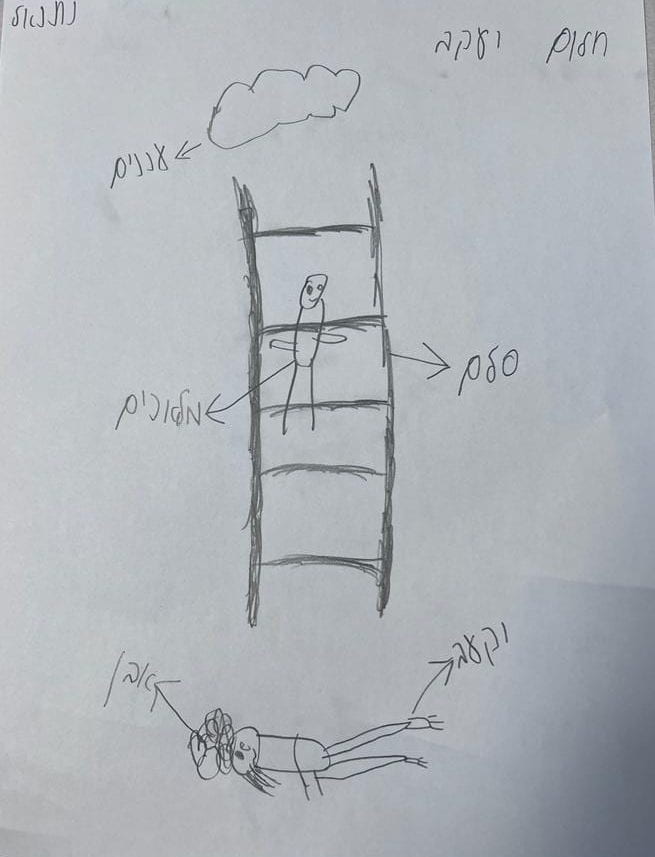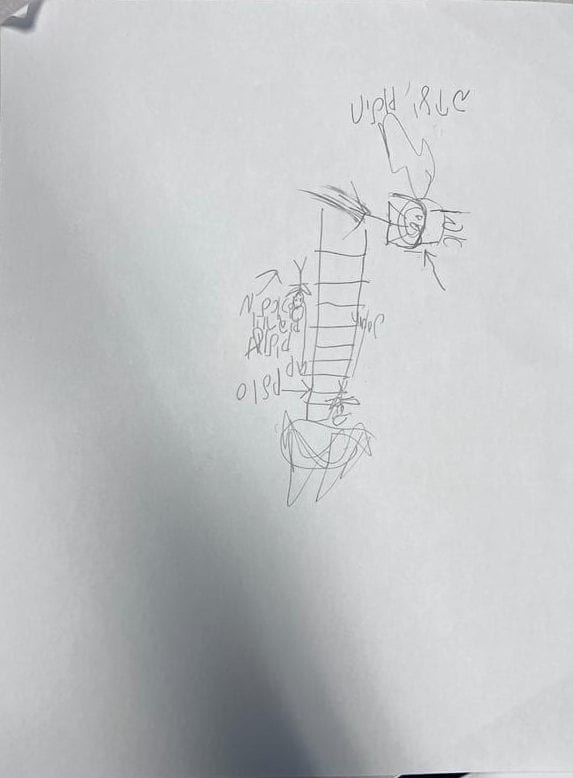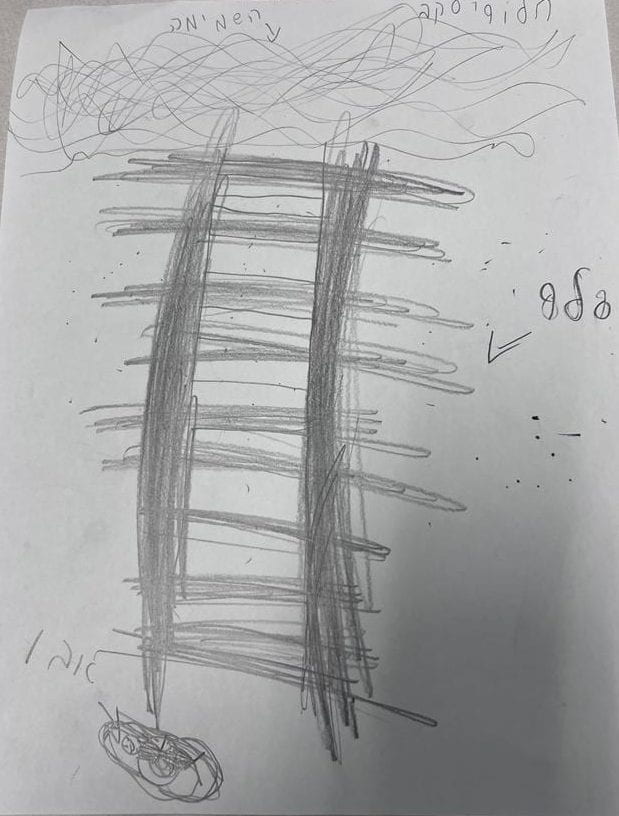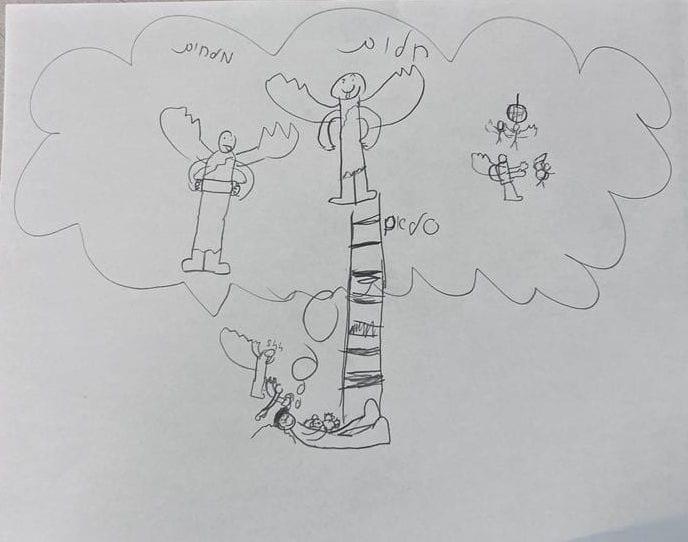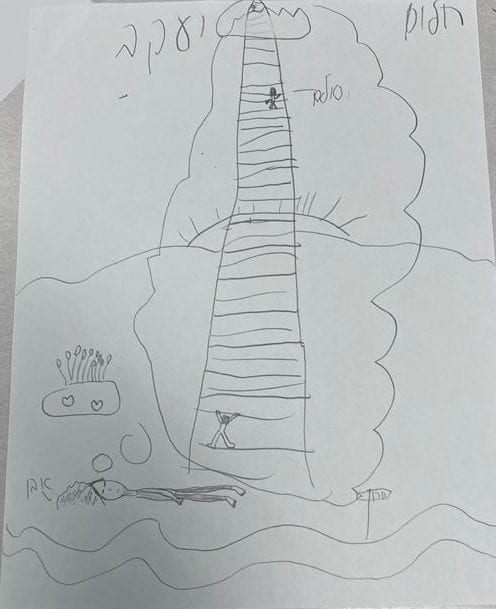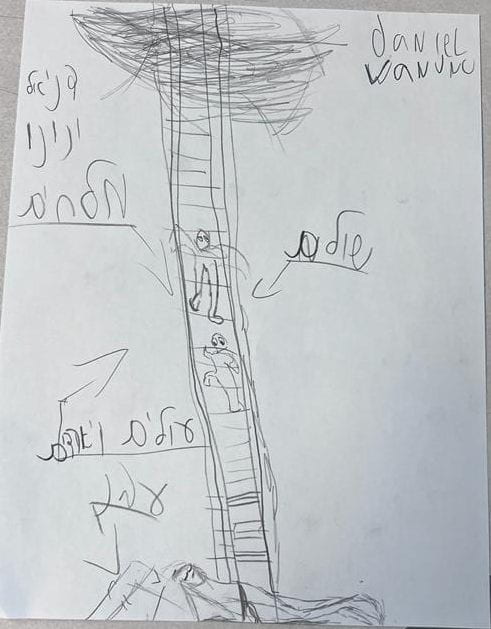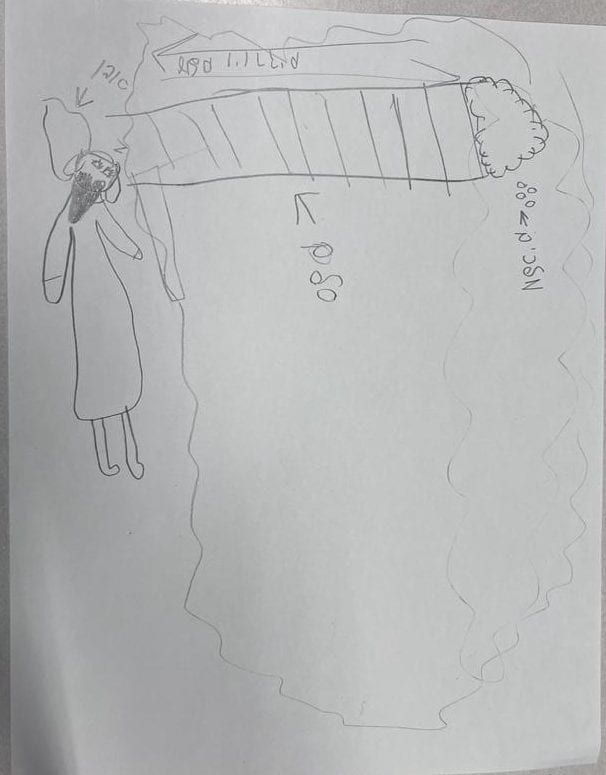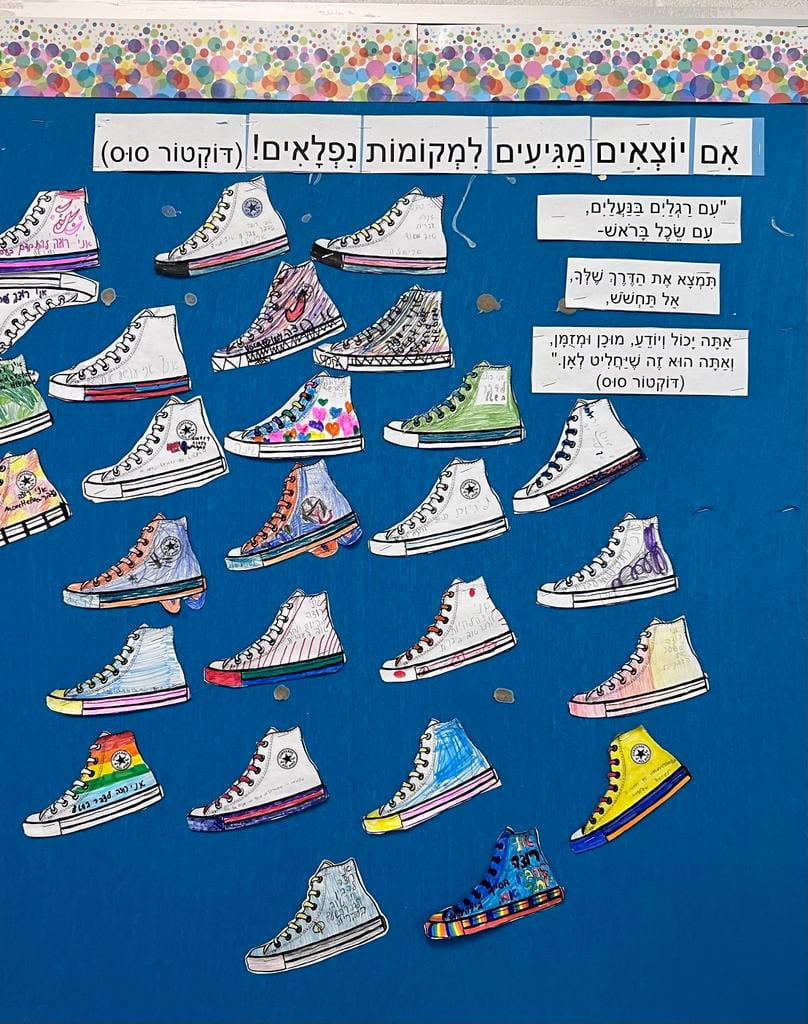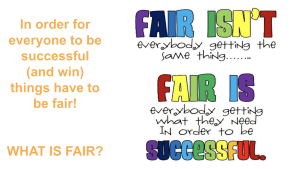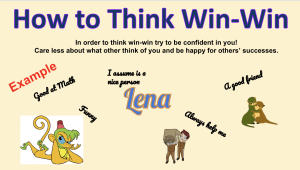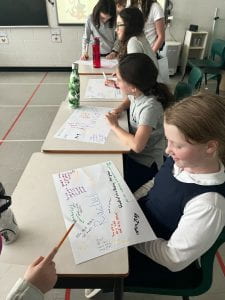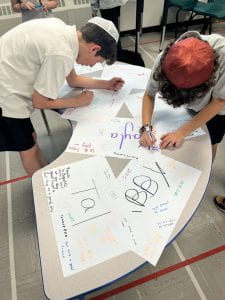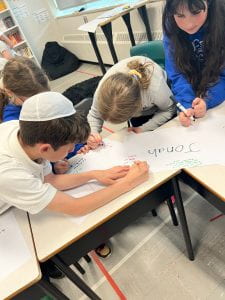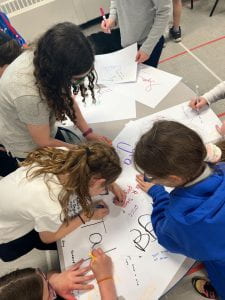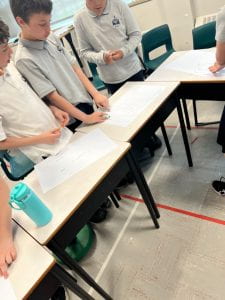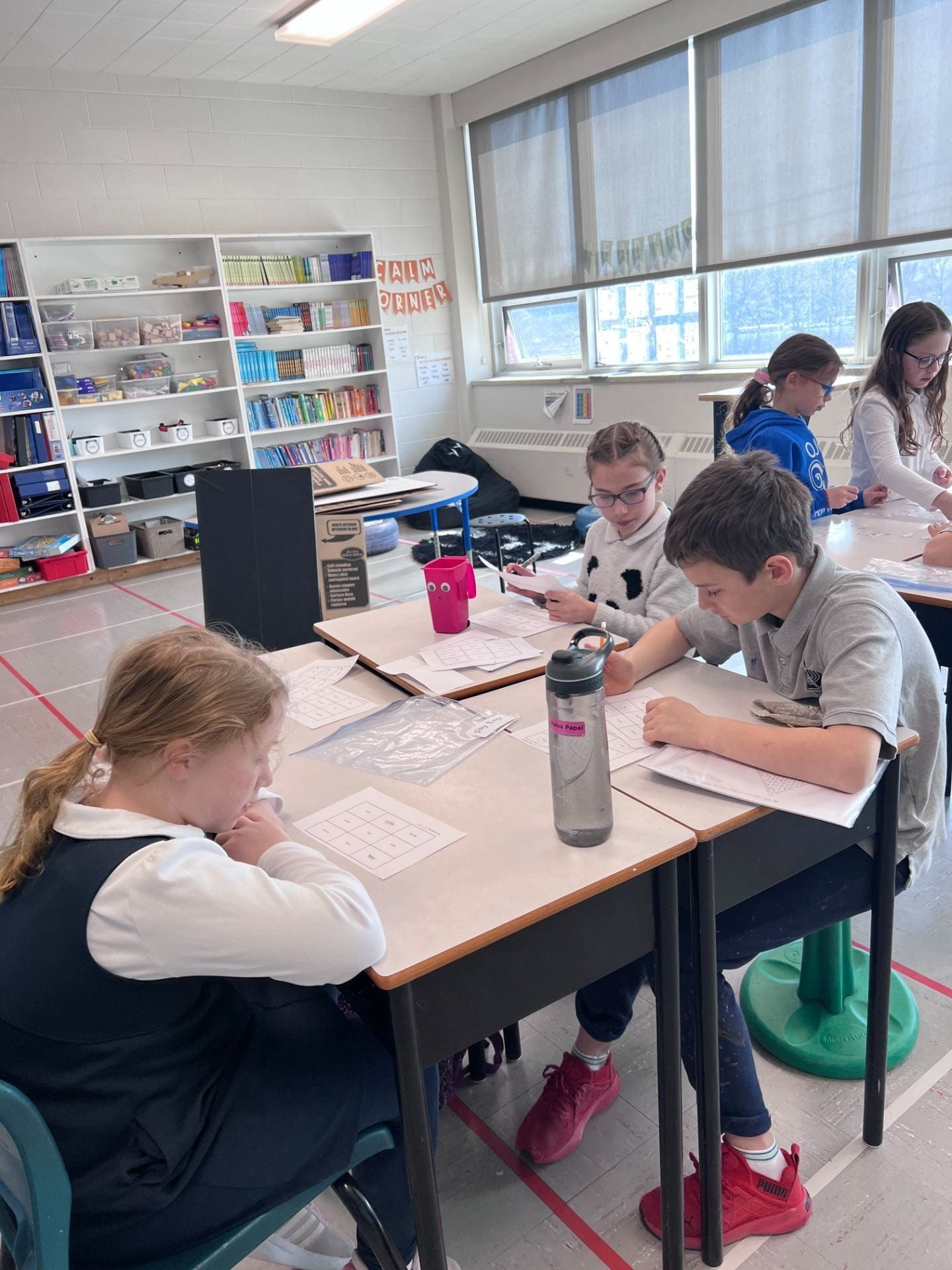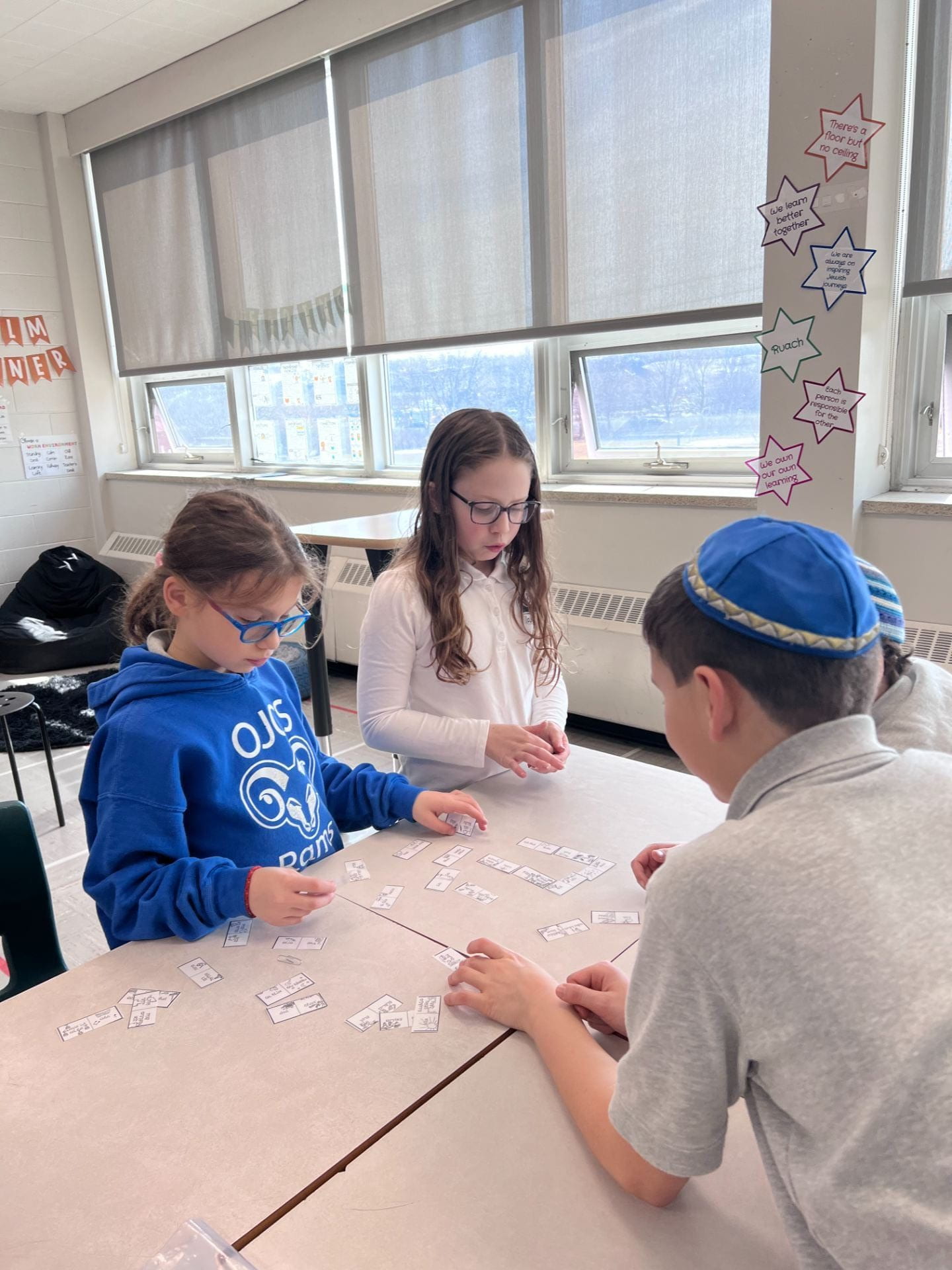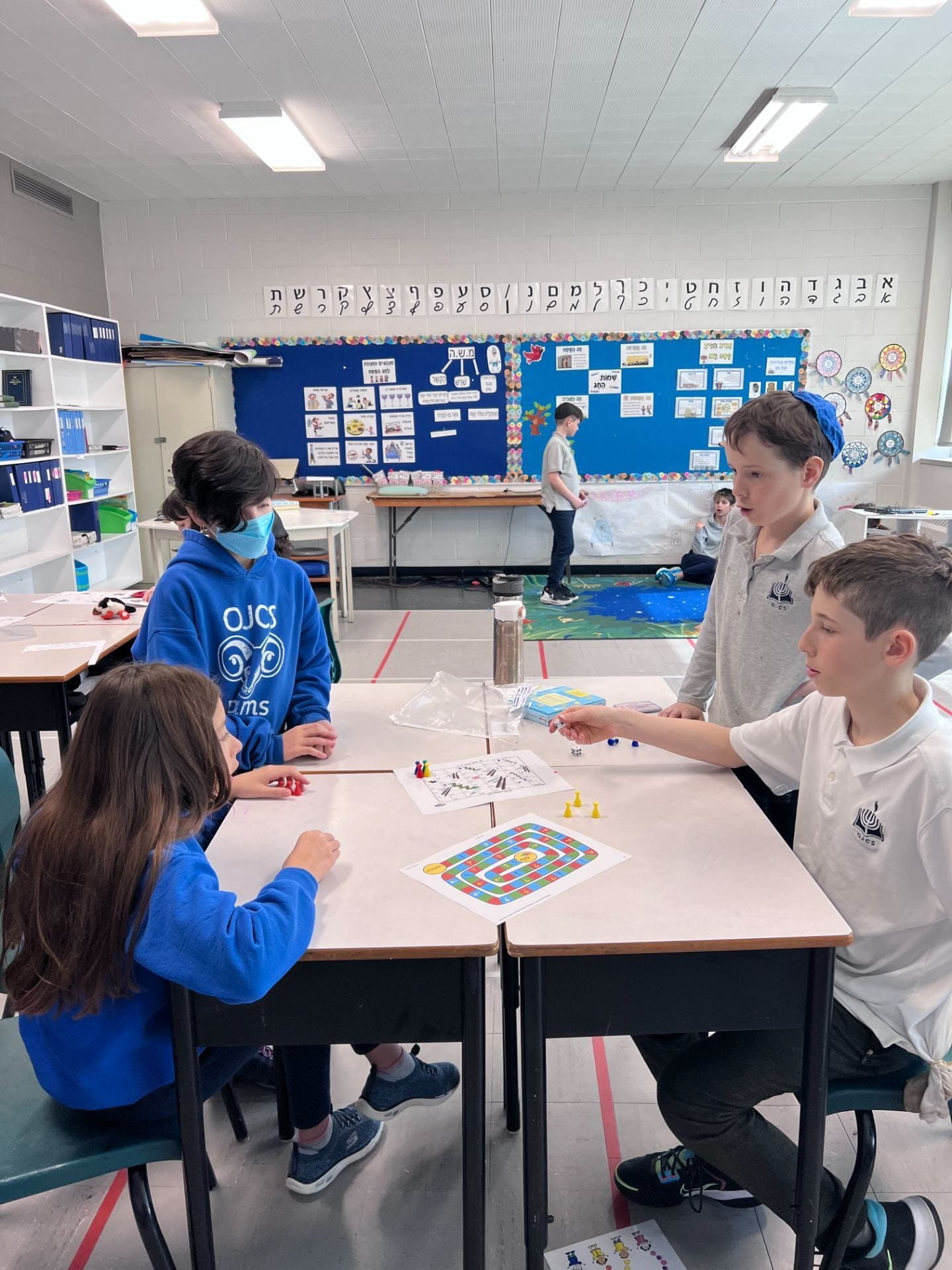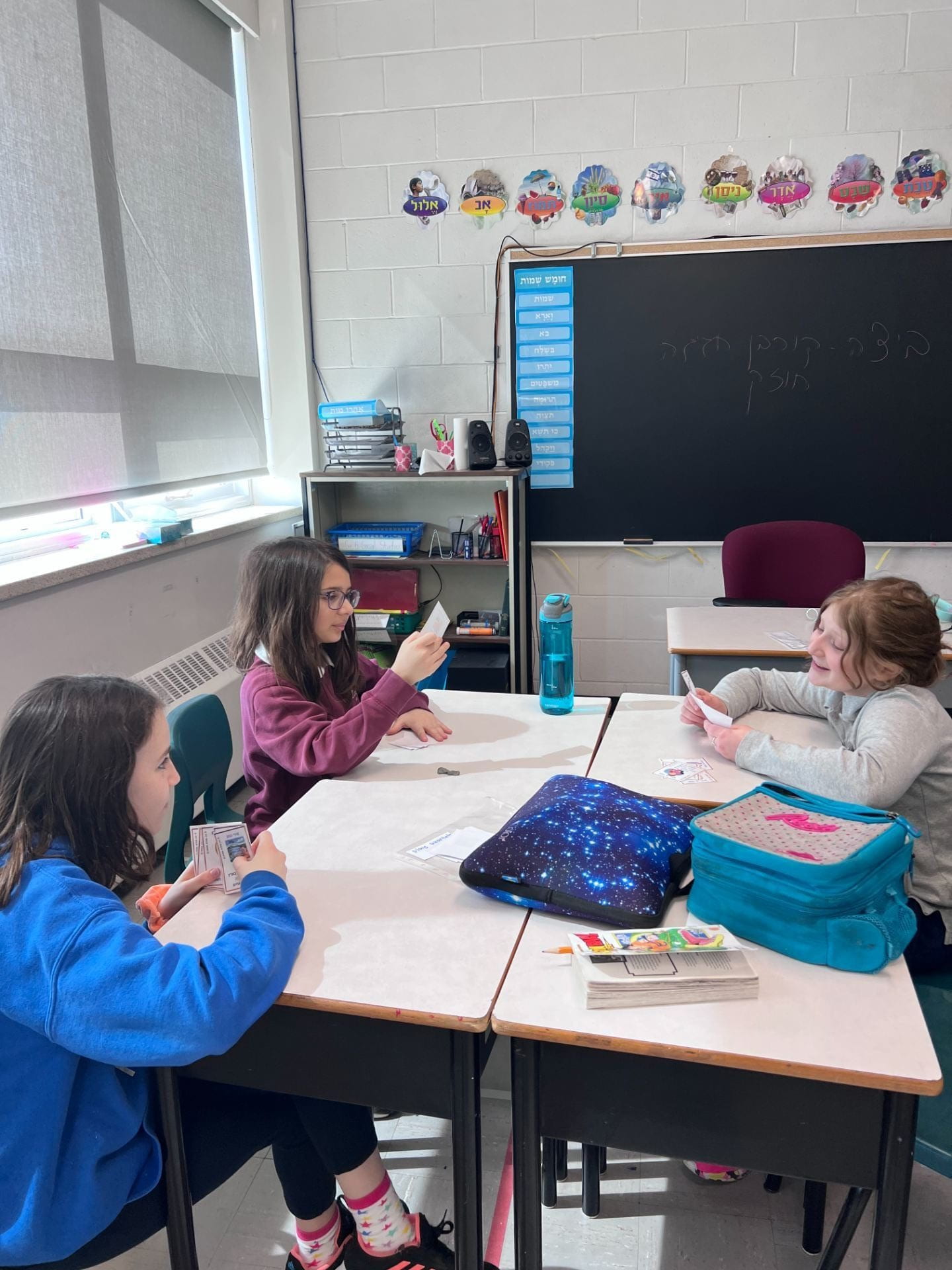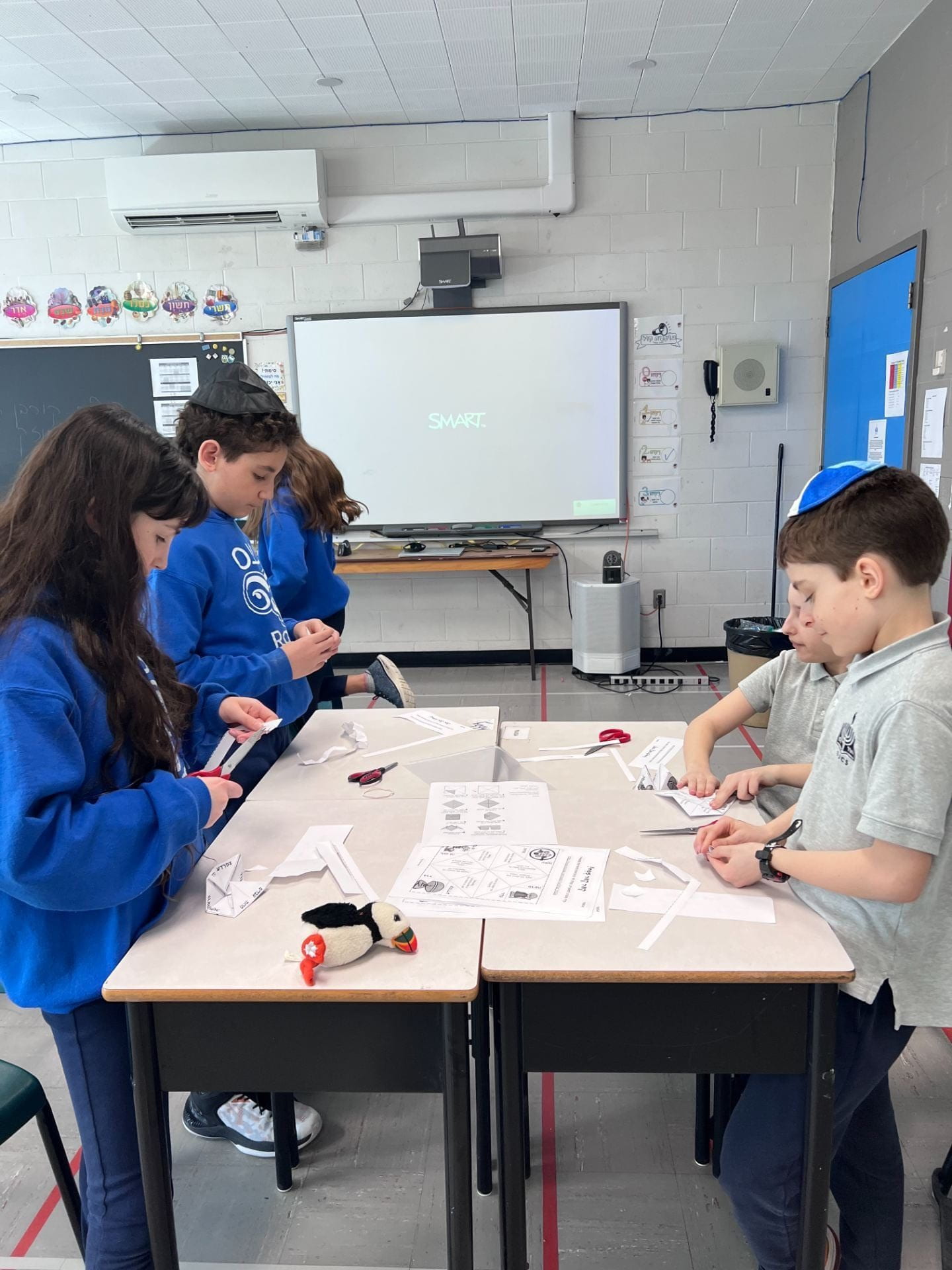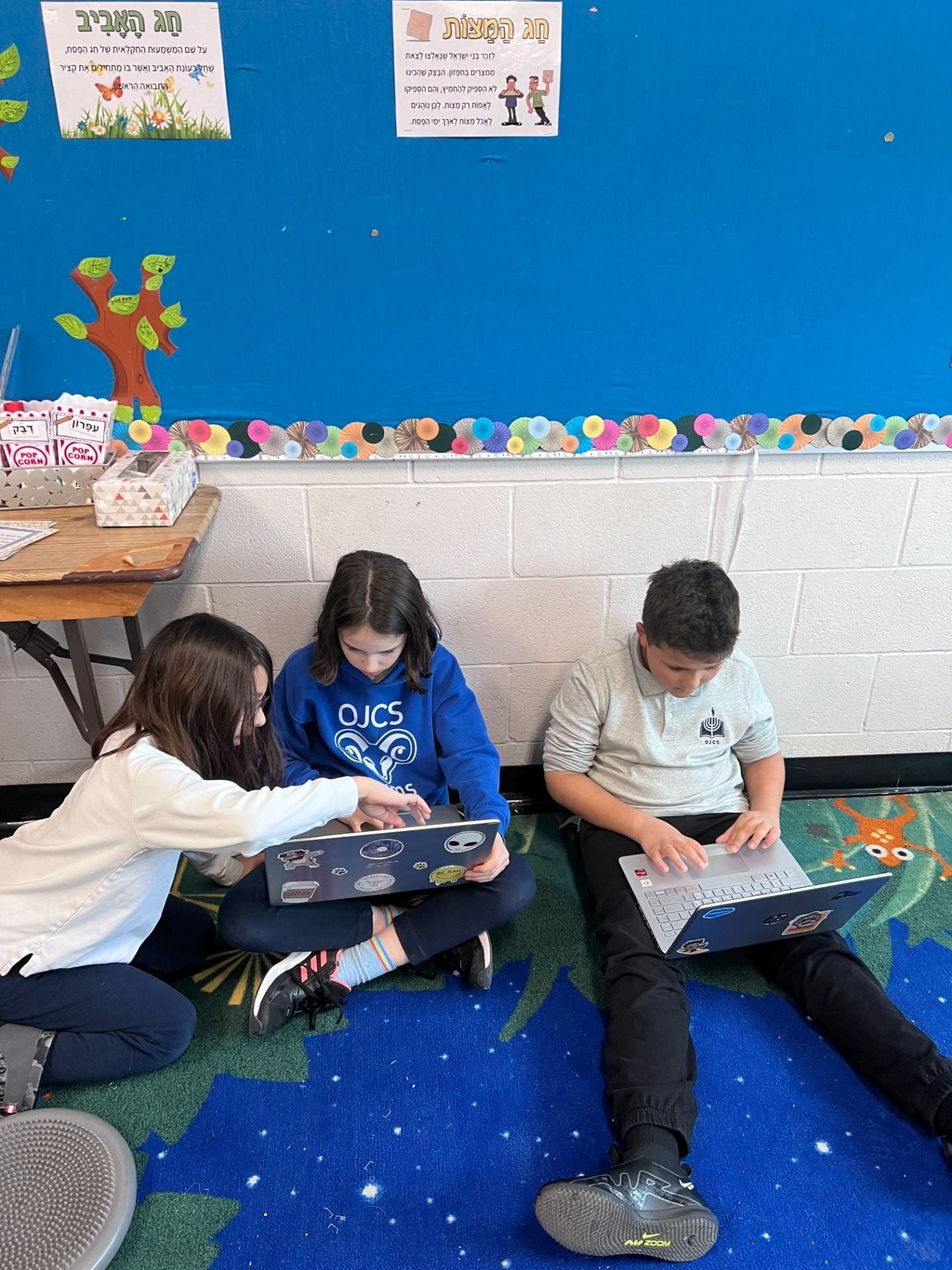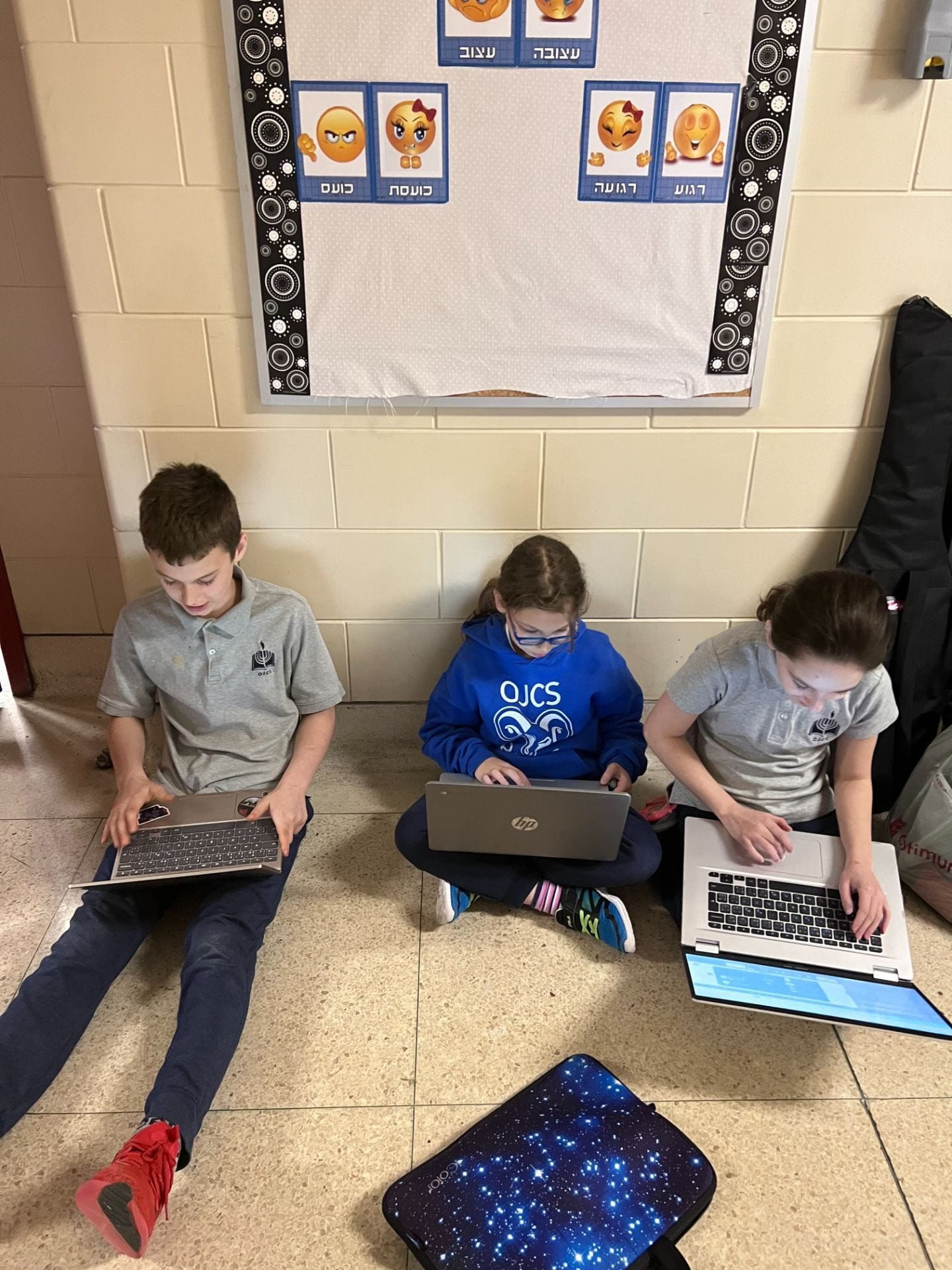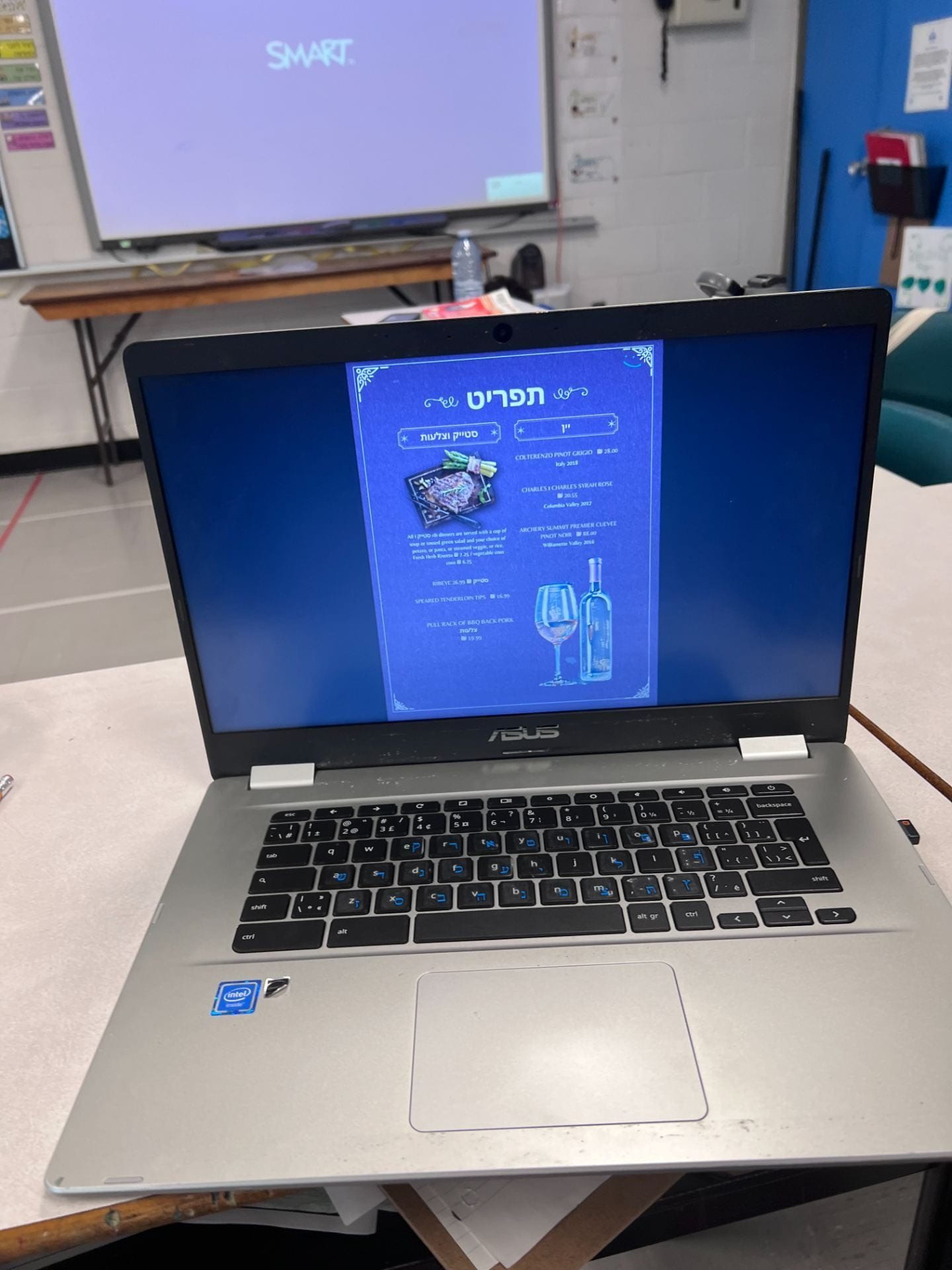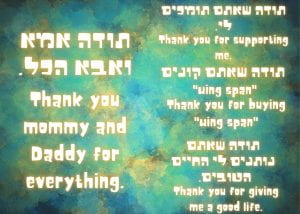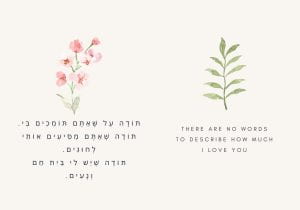Dear students,
Welcome back! I hope you enjoyed your Passover break, had a chance to relax, and spent some time with your family. Now that we are coming back refreshed and ready for the last part of the year. Before the break, we finished our Train final project. We enjoyed traveling with each of you on your virtual field trips. It’s a good chance now to remind you to visit your classmates’ blogs and comment on each other’s projects. As our unit comes to an end, we will, as always, end it with a quiz where you will have a chance to show your skills in the unit, both vocabulary and reading comprehension. It is a good reminder to check your homework board for scheduled quizzes and assignments.
This week, we are starting a new unit, ‘Restaurant,’ where we will have a chance to explore different types of restaurants, food, and culture. Practice ordering in a restaurant, create new restaurants, and visit each other’s restaurants. This will give us a chance to practice new unit vocabulary and apply it in conversations. This week, we will look deeper into Jacob’s experiences during his time in Haran, exploring the challenges he faced and the lessons he learned.
Welcome back! Looking forward to seeing you tomorrow.
Here is a preview to our next unit:

